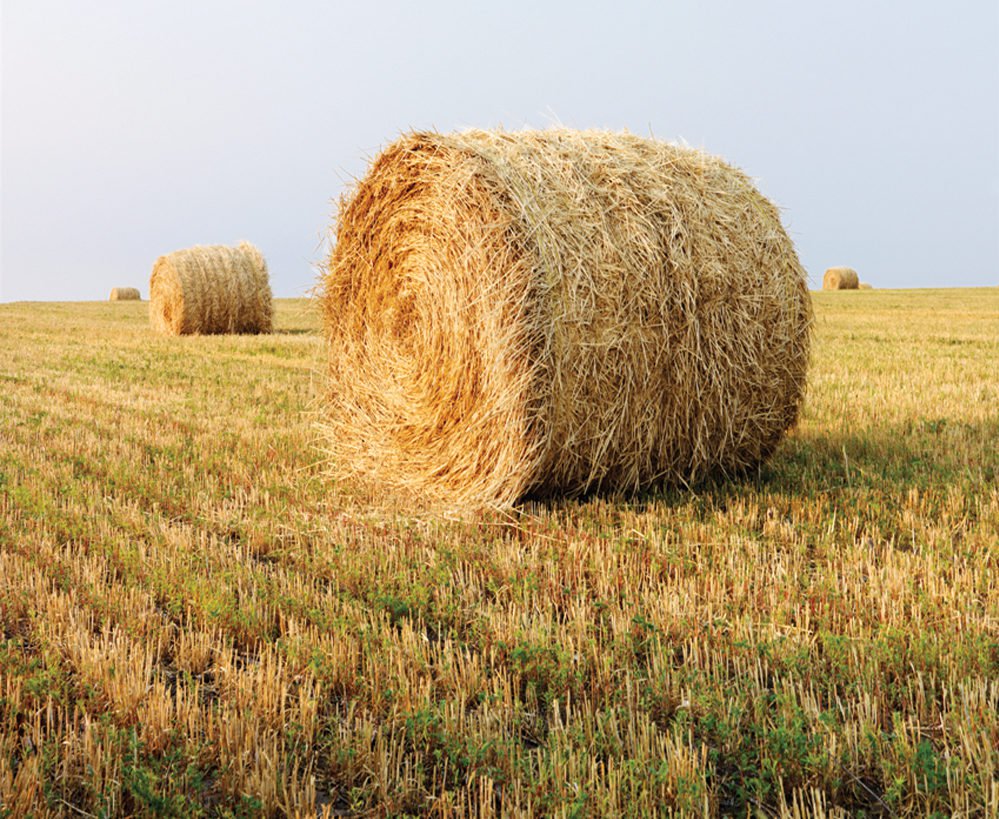“Summertime and the livin’ is easy.” – Porgy and Bess.
Yes, indeed!
Summertime, or summer break, is one of the many vacations everybody deserves— no alarms or deadlines. However, taking extra time to focus on self-development during this season is always a good idea. You can start a new hobby, improve your skills, or learn English online at 11Talk!
If you want to try the third option, you’re in the right place; 11Talk offers professional one-on-one coaching in the comfort of your home. Moreover, it provides FREE English lessons on its social media accounts. For instance, this blog site is where you can learn grammar, business and pop English, and lessons for every English level.
In addition to the informative articles, this week’s blog features five summer expressions.
TO (DO SOMETHING) ON A SHOESTRING

A. Meaning:
To do something on a shoestring means having a shoestring budget, which is minimal. “Limited budget” can be considered a shoestring budget synonym.
B. Origin:
It’s believed that the origin of the term “shoestring” refers to traveling peddlers or street sellers. Also, since bootlaces or straps are close to the ground, this is another explanation for why the term denotes a limited budget. Shoestrings are also relatively cheap; therefore, it’s the concept of having only enough money to purchase strings.
C. Sample Sentences:
- There’s no shame when you travel on a shoestring; what matters is to make the most of your trip.
- She started her fashion business on a shoestring, but it works well now that the borders are open.
- The pandemic was one of the many reasons their family has lived on a shoestring for over a year.

D. Sample Conversation: (number 1 from the Sample Sentences)
Omar: As embarrassing as it may sound, Nina and I are on a limited budget for the summer getaway. We can’t stay in a luxury beach resort.
Isobel: Oh, okay. I understand. There’s no shame when you travel on a shoestring; what matters is to make the most of your trip. So where do you plan to stay?
Omar: Thank you for understanding. I’m still looking for an affordable hotel near your place.
MAKE HAY WHILE THE SUN SHINES

A. Meaning:
To make hay while the sun shines means to make good use of an opportunity while it lasts, to do something while a situation allows you to, because the situation may only last for a while.
B. Origin:
This expression is vague, although it’s commonly believed to have originated from farmers. However, “make hay while the sun shines” remains one of the most valuable statements today; it became a mantra to see the opportunity and seize it. It’s the farmers’ folksy version of the Latin phrase “carpe diem.” It’s so much easier and fun to say, too!
C. Sample Sentences:
- I make hay while the sun shines by studying English online during school breaks.
- You will be sorry for not making hay while the sun shines.
- I’ve been working for almost two years; saving has been my way of making hay while the sun shines.

D. Sample Conversation: (number 1 from the Sample Sentences)
Horatio: Eric told me that you were pretty busy lately.
Calleigh: That’s right. I make hay while the sun shines by studying English online during school breaks.
Horatio: I see you’re preparing for the university entrance exam.
Calleigh: Yes. Fortunately, I found 11Talk; it has the best teachers!
HAVE ONE’S HEAD IN THE CLOUDS

A. Meaning:
This idiomatic expression indicates a person daydreams or has impractical dreams. Clouds are out of reach. In this regard, when someone says impossible things, people refer to him as his head in the clouds. And when a person misjudges a situation, people tell him to consider the ground realities and come down from the clouds (to be realistic).
B. Origin:
Its origin is uncertain, but many believe that the earliest use of this expression dates back to the mid-1600s.
C. Sample Sentences:
- Most of the time, Callen has his head in the clouds.
- I bet Fatima will have her head in the clouds in class again!
- One time, Nell expressed her goal while her head was in the clouds.

D. Sample Conversation: (number 1 from the Sample Sentences)
Kensi: Are you done with your summer break interview with him?
Marty: Still waiting.
Kensi: Why?
Marty: Most of the time, Callen has his head in the clouds, so I can’t pinpoint his views.
INDIAN SUMMER

A. Meaning:
Indian summer is a period of abnormally warm weather, generally clear skies, sunny but hazy days, and cool nights. It can last anywhere between seven days or a few weeks, depending on regional climates.
B. Origin:
The origin of this expression is uncertain, but first used in the eastern United States. The first recorded use of the phrase appears in a letter written by John de Crevecoeur dated January 17, 1778. In his description of the Mohawk country, he wrote, “Sometimes the rain is followed by an interval of calm and warm which is called the Indian summer.” The term was first used in the UK in the early 19th century and gained widespread usage. Previously, “Saint Martin’s Summer” variations were widely used across Europe to describe warm weather surrounding St. Martin’s Day (November 11).
C. Sample Sentences:
- I got sick in Pennsylvania, where the Indian Summer was surreal!
- Tell me why you’re acting weird like an Indian Summer.
- The climate has been unseasonably warm these past few weeks; we will have an Indian Summer.

D. Sample Conversation: (number 1 from the Sample Sentences)
Dwayne: Oh, you’re here! I thought you had two weeks leave.
Loretta: That was the plan, but I got sick in Pennsylvania, where the Indian Summer was surreal!
Dwayne: Aw, sorry to hear that. Are you okay now?
Loretta: Yes, I feel better. Thanks for asking.
DOG DAYS

A. Meaning:
This expression means the hottest and most humid summer days. It also refers to a period of stagnation or inactivity.
B. Origin:
It originated with the ancient beliefs of Greeks, Romans, and Egyptians; they believed that Sirius, the dog star, added its heat to the sun and thereby caused hot weather. Their belief that dogs were subject to spells of madness may have contributed to the name because people tended to become unenergetic during dog days.
C. Sample Sentences:
- Home-made fruit shakes help me cool down throughout the dog days of summer.
- Electrical bills go up during dog days because of the air conditioner.
- I will not join the badminton practice tomorrow; dog days make me sweat a lot.

D. Sample Conversation: (number 1 from the Sample Sentences)
Leroy: I’ve been into ice cream these past few days because of the weather. How about you?
Ziva: Home-made fruit shakes help me cool down throughout the dog days of summer.
Leroy: Wow! That sounds interesting. What flavor do you like the most?
Ziva: Blueberries.
And there you have it: the five summer expressions you could practice during break time.
Stay tuned to 11Talk’s official accounts for more FREE ENGLISH LESSONS.
